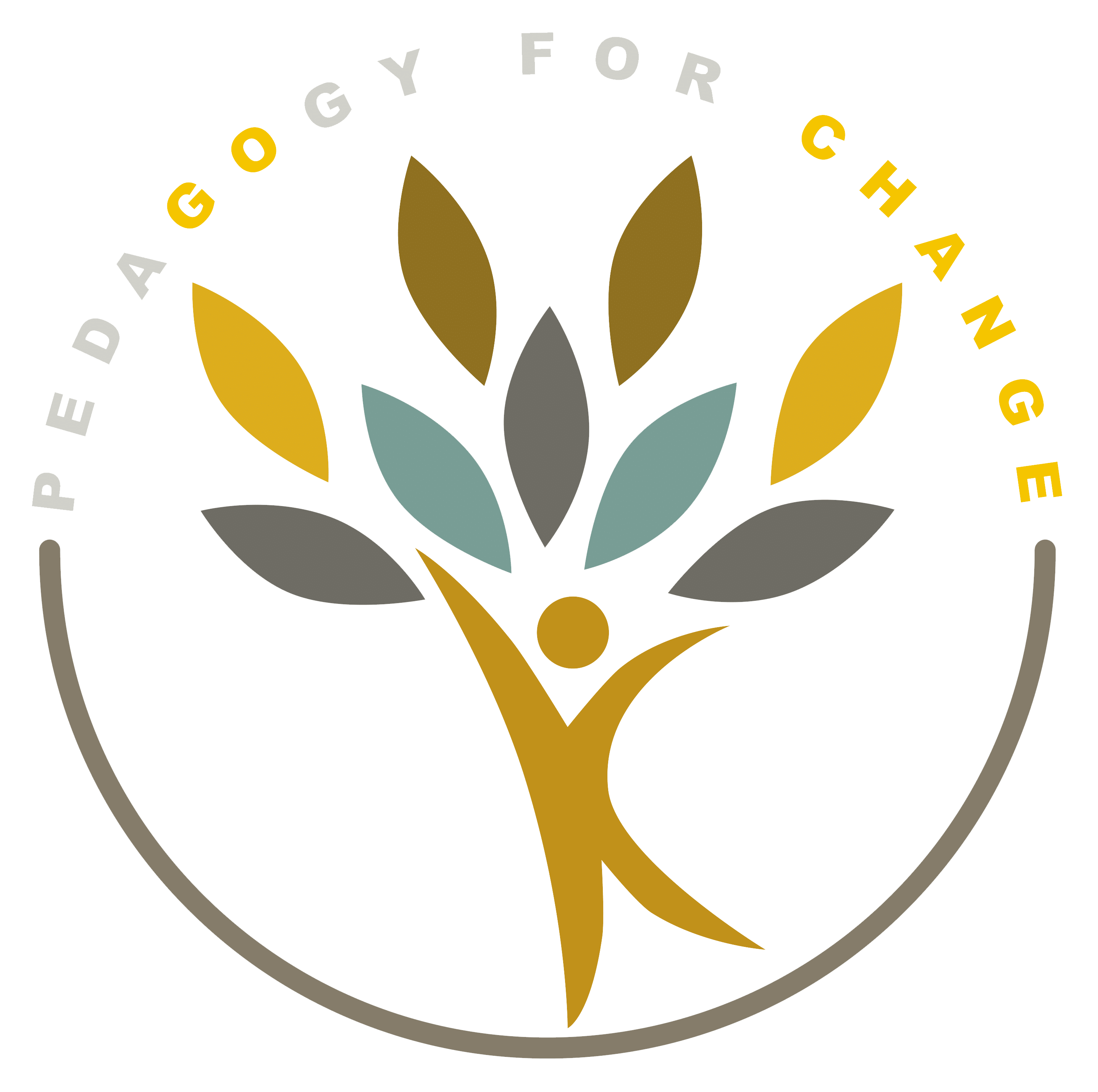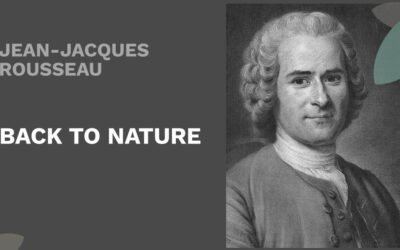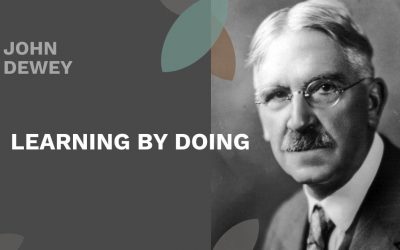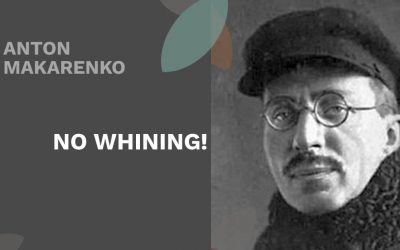



Søren Kierkegaard
The Danish philosopher, theologian, and cultural critic Søren Kierkegaard was one of the most original thinkers of the 19th Century. Kierkegaard is regarded the founder of the school of philosophy that would later be called Existentialism. His original ideas about life and the human existence rattled people then, and still does today. Thus, Kierkegaard’s thoughts can inspire practitioners of social pedagogy to reflect on issues like dignity and self-determination.
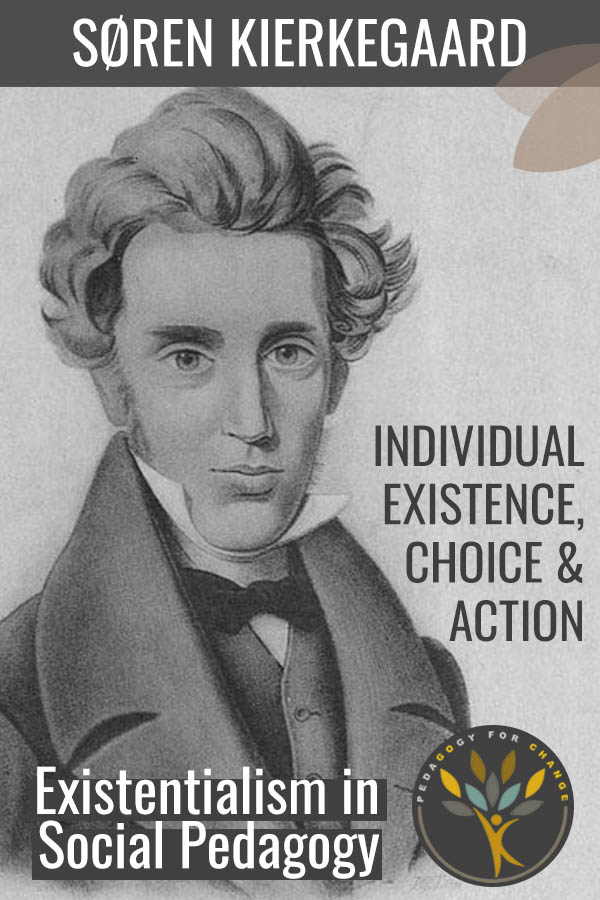
Kierkegaard and existentialism
Søren Kierkegaard’s complicated reflections about life and the human condition can appear dusty, nerdy, and highly intellectual theories with little relevance for people today. His texts are difficult to ready and quite inaccessible in many ways, especially if you do not master the Danish language. Some die-hard fans of Kierkegaard’s philosophies even learn Danish in order to read his books in the original language.
However, if we take a closer look, it is not that complicated, really. Kierkegaard shared his observations about his own and other people’s experiences and talked about basic life conditions and the choices we need to take as human beings.
Making choices and taking action are at the very core of existentialism. By taking on these responsibilities, as human beings – we find the meaning of life.
A great inspiration in theory, but not in practice
Kierkegaard’s life was somewhat chaotic and his relationship to other people was complicated – but he was good at describing what he experienced even if he himself was not a great role model.
Kierkegaard wrote magnificently about the beauty of life, celebrating love and social relations between people – when in fact he himself struggled with being close to any of it. He only had one real friend, Emil. He was engaged to a woman but couldn’t pick up the courage to commit emotionally and get married. He was an intellectual human being who clearly struggled with his emotions.
Therefore, this old, emotionally tormented, philosopher is still interesting for practitioners of social pedagogy and other educators even today. Kierkegaard has many observations about life and relationships which are spot-on and for us to learn from. At the same time, his own inadequacy in many fields of life can serve as examples of how not to behave as a social educator.
Put your humanity into practice
As educators, youth workers or other kinds of practitioners of social pedagogy we need to use our own person as a pedagogical tool; our emotional being, our capability to form meaningful relationships and, not least, our humanity. We need to be authentic, honest, open-minded, and clear about our intentions. In order to make that famous difference in someone’s life we need to have formed a relationship – trust – before we can even begin to take steps towards positive change. It’s no good to have studied and memorised a lot of pedagogical theory which cannot be applied in real life.
On top of theoretical understanding, we also need to be capable of instinctive, caring action. In other words: we need to be able to engage our humanity when needed, also in stressful situations.
To choose and to act
One key concept in Kierkegaard’s thoughts concerns ”citizenship and character”. Having consciousness of ”self” is what separates humans from other animals. However, according to Kierkegaard, not all humans make use of this human ability. Kierkegaard observes that instead of taking conscious decisions about how they want to live their lives, these citizens simply follow convention without questioning why and end up as mere cogs in a bigger societal machinery. The result is that their lives become meaningless. According to Kierkegaard, to have a meaningful life human beings need to be able to choose and to act.
The ability to choose and to act are indeed paramount for us humans to lead the lives we wish to live, and Kierkegaard was one of the first thinkers to express this so clearly.
Of course, this way of thinking is relevant for educators of all kinds even today. We need to respect that the people we work with, no matter how vulnerable they might be, are entitled to be listened to and respected. Everyone has the right to find meaning in their life – even though they might be very different from your own personal choices and life goals.
Respect and dignity
A popular Kierkegaard quote is about the art of helping:
”If One Is Truly to Succeed in Leading a Person to a Specific Place, One Must First and Foremost Take Care to Find Him Where He is and Begin There.”
It is indeed a quote relevant for all of us who work in the care or education sector; it is super important to understand any situation from the perspective of the person we wish to assist. It is about them, their situation, their wishes – not us.
Therefore, it is more the latter part of quote we need to emphasise, about finding the place where the person is, and begin there. The first part of the quote is more problematic, because why would we want to ”lead a person to a specific place”? This implies that ”we know best” and that we are entitled to take decisions on behalf of the person that need to be ”helped”.
If we truly wish to ”help” someone, we need to walk a mile in their shoes. We need to know something about their background and what kind of challenges they face, but that is not enough. We need to understand how the human mind works, which coping strategies humans use, and how certain behaviours are healthy reactions to intolerable life situations. We must try to understand why a person is chaotic / depressed / acting out / miserable / bored / abusing drugs / self-destructive…. and understand why they act like they do, by walking a mile in their shoes.
Not a problem to be solved
The task of the youth worker, care assistant, teacher, social educator is to support and assist the child, young person or assisted person to find their own way in life. It’s about respect and dignity. We must not rob any person of their agency to choose and act, even if their choices are not always clearly beneficial for them – as seen from a professional care giver’s point of view. Our task is then to inform, support and assist in any way we can – ”from where they are” – to make it possible for them to take make new choices, without us having a clear definition of what ”the correct choice” is.
If Kierkegaard can teach us something it is this: “Life is not a problem to be solved, but a reality to be experienced”. In other words, we cannot solve the riddles of life by thinking or over-thinking problems in our heads, because that will not solve anything. We need to live life like it is and make choices that make sense to us. Through our actions we can make our lives meaningful. This also goes for people who ask for assistance or need support in their lives.

”If One Is Truly to Succeed in Leading a Person to a Specific Place, One Must First and Foremost Take Care to Find Him Where He is and Begin There.”
~ Søren Kierkegaard
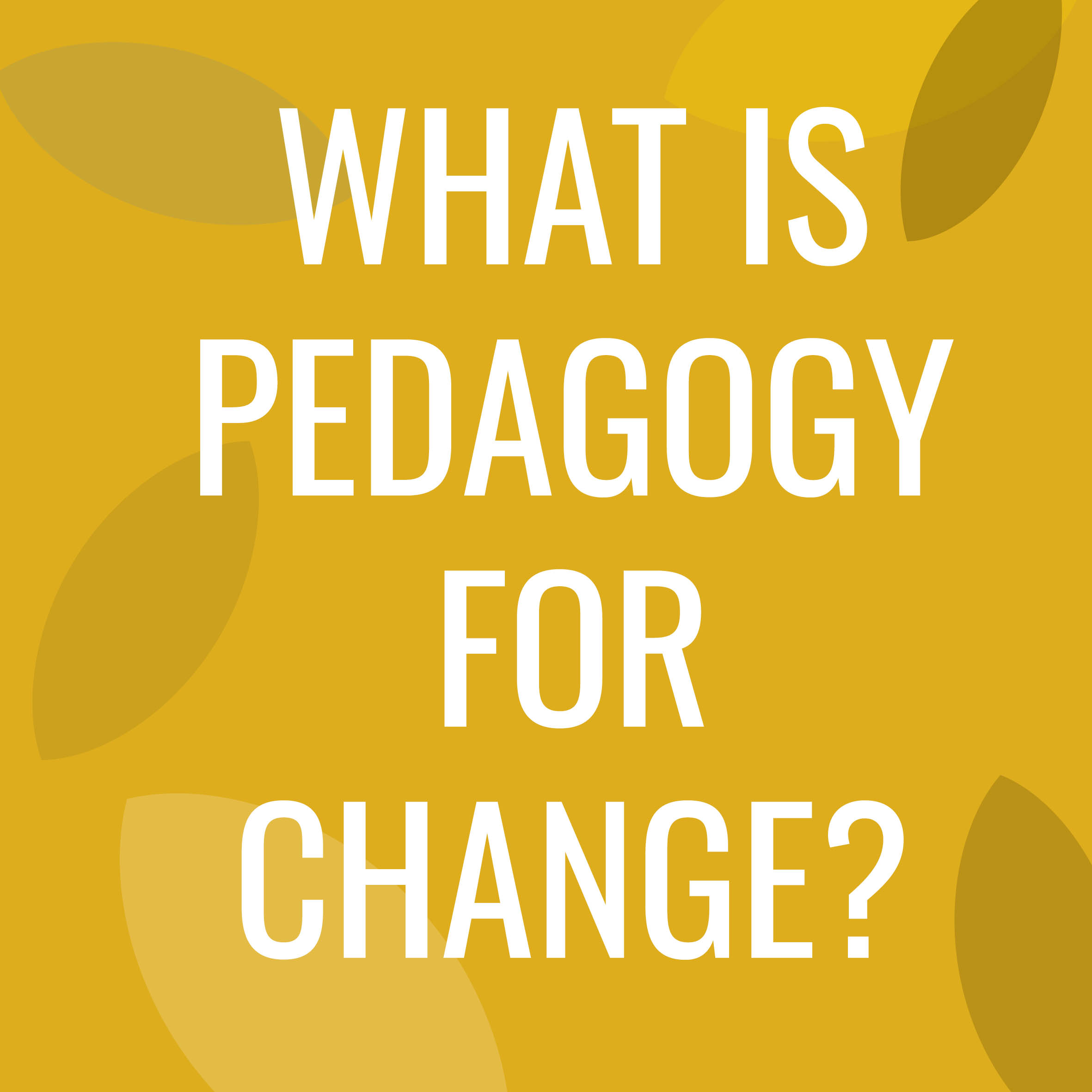
What is Pedagogy for Change?
The Pedagogy for Change programme offers 12 months of training and experiencing the power of pedagogy – while you put your skills and solidarity into action.
Studies and hands-on training takes place in Denmark, where you will work with children and youth at specialised social education facilities or schools with a non-traditional approach to teaching and learning.
In short:
• 10 months’ studies and hands-on training in Denmark, working with children and youth at specialised social education facilities or schools. At the same time yo will study the world of pedagogy with your team – a group of like-minded people. You will meet up for study days every month.
• 2 months of exploring the reality of communities in Scandinavia / Europe, depending on what is possible – pandemic conditions permitting. You will travel by bike, bus or perhaps on foot or sailing.
• Possibility to earn a B-certificate in Pedagogy.
Kierkegaard for Beginners
Søren Kierkegaard (1813 – 1855) lived only 42 years. Yet in his short life, he wrote more than 35 books. After his death, his works slipped into obscurity. When they were rediscovered in the 20th century, they revolutionised philosophical thinking and inspired what became known as Existentialism.
MORE GREAT PEDAGOGICAL THINKERS
Jean-Jacques Rousseau
Rousseau wrote Émile, or On Education, 250 years ago – but the pedagogical principles described in this novel still have much to offer modern educators.
John Dewey
Education, teaching and discipline are lifelong social phenomena and conditions for democracy, according to acclaimed American philosopher John Dewey.
Anton Makarenko
Teaching, work, discipline & self-management were the main pillars in the pedagogy developed by Anton Makarenko. He became the founder of the theory of collective education.
